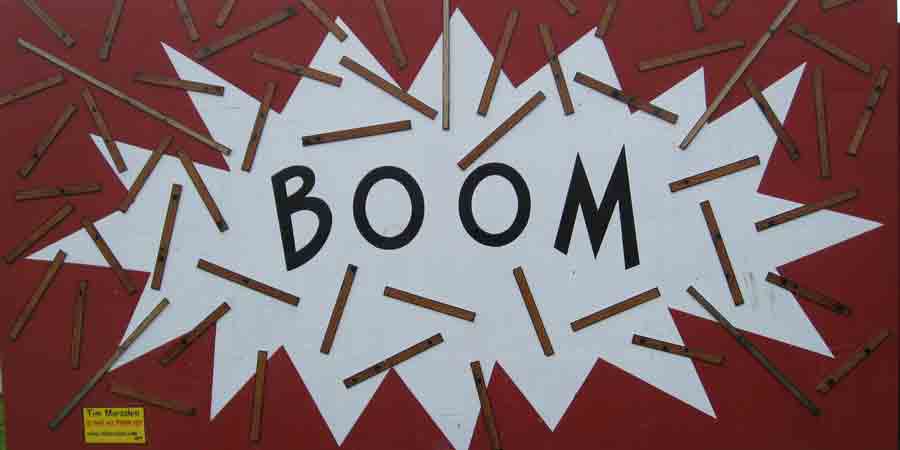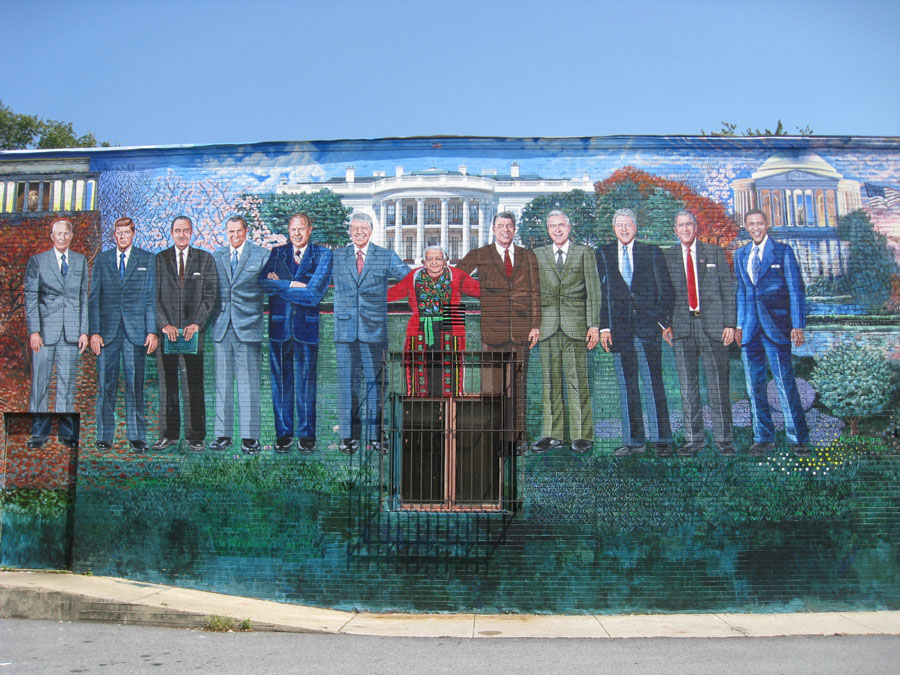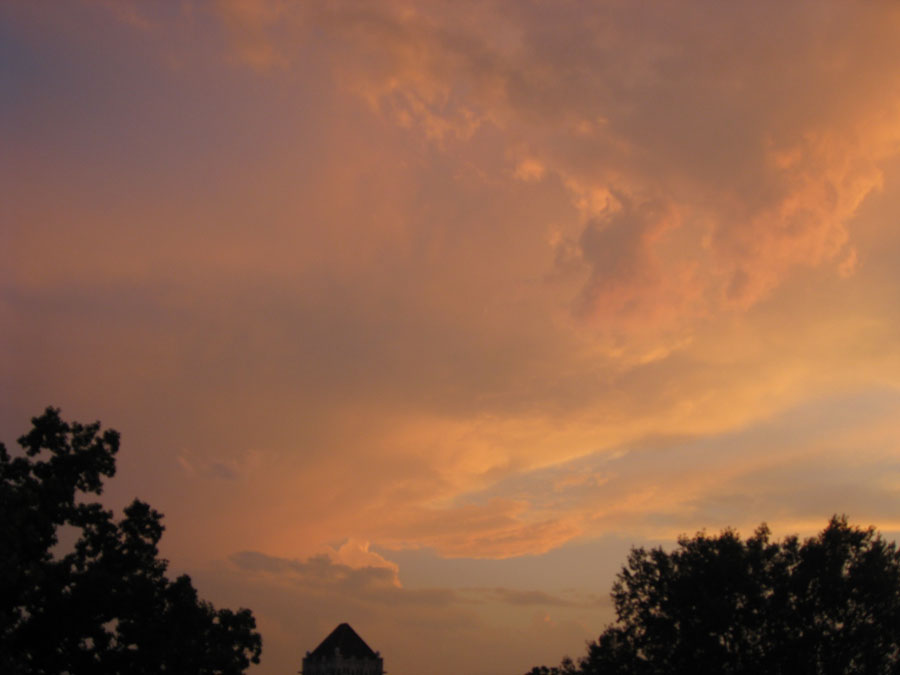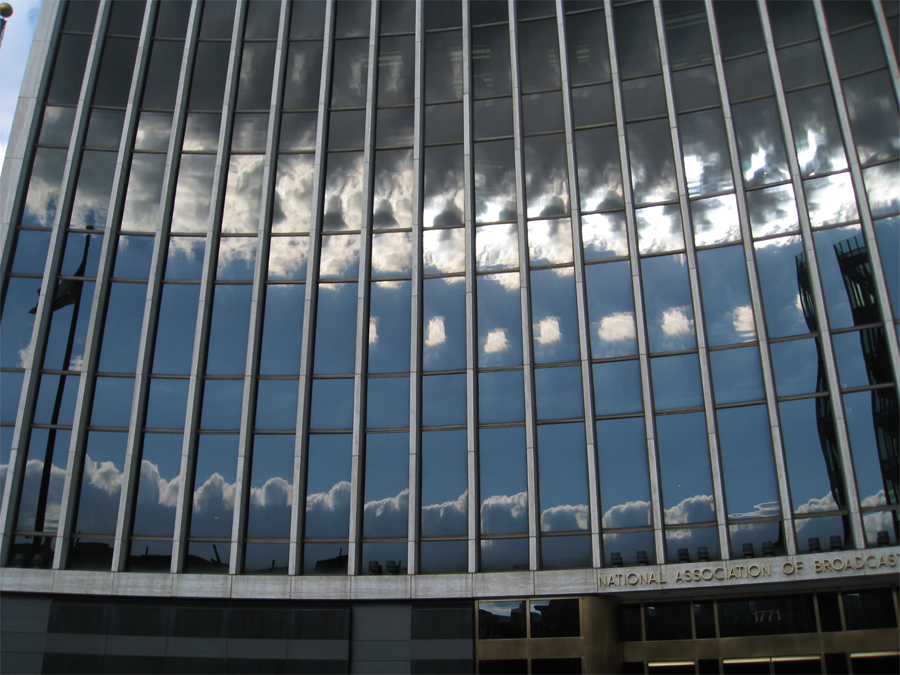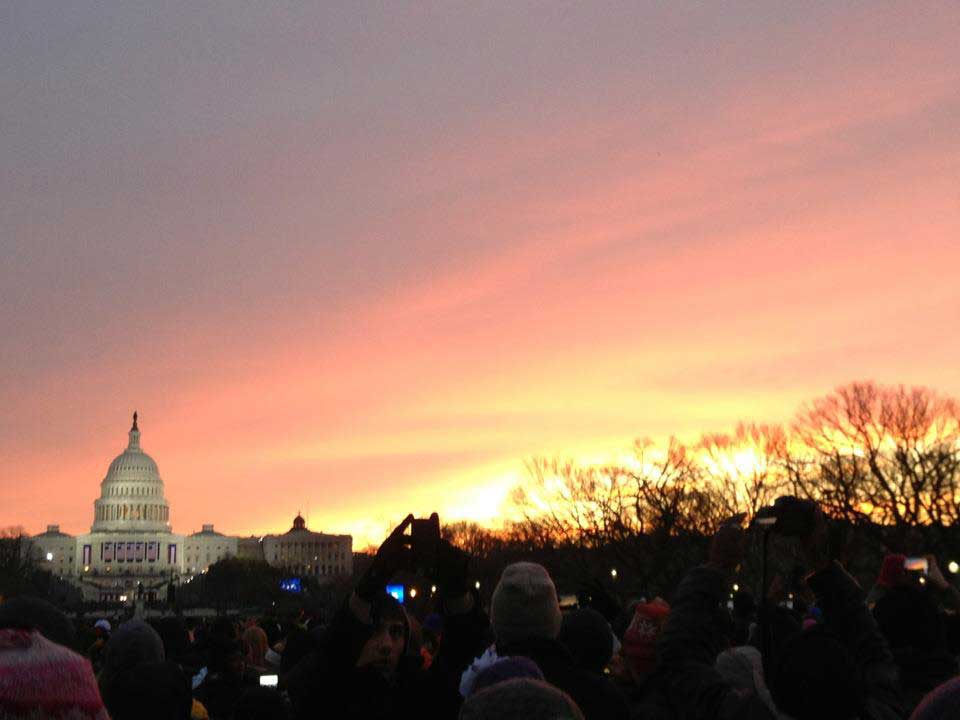
So I wimped out on going down to the National Mall to watch the inaugural hoopla. But I watched it on TV. That counts, right?
At least I was able to hear all the speeches, which is more than some of the unlucky visitors who happened to be corralled in the farthest areas open to the non-ticketed public, where the Jumbo-tron screens flaked out during Obama’s speech.
I can only hope the excitement of Being There made up for the technical failure.
For me, it was an inspiring hour of speechifyin’, superb music and some thoughtful poetry thrown in to satisfy the high-brows in the audience.
Yet after Beyoncé had dazzled us with her unfailing grace, and the crowds began to head for the exits, I checked out the instant analysis online and was saddened, though not surprised, to learn that not everyone shared my enthusiasm for the proceedings.
The percentage of venomous ranters to giddy believers was at least small enough to sustain my habitual pie-eyed optimism that somehow, after the bands have packed up and gone home, after the balls gowns have been sent to the cleaners and the champagne corks swept up, there may be some period of detente between the various feuding factions, not only in the government, but in the public discourse.
Of course, I’ve been a gullible sap most of my life. Eager to believe the unbelievable, dream the impossible dream, etc., I’ve never taken to the general cut and thrust roughhousing of politics. I keep thinking grown-ups should be able to cooperate and work toward the common good more effectively. I forget that not everyone cares about the common good.
Earlier this past weekend I happened to see a license plate in McLean, Virginia, that hit me like a slap. It read: MEFIRST.
My husband suggested that perhaps it was intended ironically. But gullible as I am, even I don’t buy that theory. It kind of depresses me to think that there are people who would even think such a sentiment was funny.
But you know what? After this morning’s stirring celebration of all that is right and good about our one-of-a-kind nation, I’m not going to let a few sour apples spoil my pie in the sky.
My president is a rock star. And I do believe in “We the People.”
